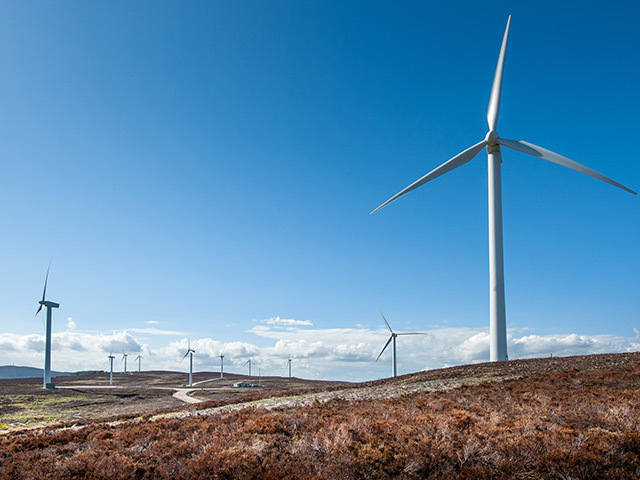
Record-low coal prices and increased wind and solar generation that pushed European power prices to their lowest in a decade may cause further declines in 2016.
Average day-ahead electricity prices in Germany, Europe’s biggest market, fell 3.2 percent to 31.70 euros ($34.65) per megawatt-hour in 2015, the least since 2004 on the Epex Spot SE exchange in Paris before the last auction later Wednesday.
Northwest Europe coal fell 33 percent while the share of Germany’s energy demand met by renewable output increased by four percentage points to 30 percent, according to preliminary figures by utility lobby BDEW.
“It is a double whammy from lower fuel prices and renewable development that we expect will continue next year,” John Brottemsmo, head of analysis at Bergen Energi AS, said by phone on Dec. 15. “Wind and photovoltaic generation has increased while prices for coal and gas have dropped.”
The decline is set to continue across Europe as prices for fuel and carbon emissions remain low, according to Christian Holtz, an analyst at consulting firm Sweco AB. German power for next year, a European benchmark, traded 11 percent below the 2015 delivery price, at 28.30 euros per megawatt-hour on Tuesday, according to broker data compiled by Bloomberg.
Nordic day-ahead power dropped 29 percent to 21 euros per megawatt-hour, the lowest yearly average since 2000, when record precipitation in the region pushed down prices to 12.75 euros on the Nord Pool Spot AS exchange in Oslo.
That came amid above- average rainfall that filled up hydro reservoirs used to produce more than half the region’s electricity and record wind power production of 16.5 terawatt-hours in Sweden, according to Brottemsmo.
Nordic hydro reservoirs were 80.4 percent full at the end of the week to Dec. 19 compared with a median of 71.5 percent for the 1990-2012 period, according to Nord Pool Spot data. The Nordic hydro balance, which also includes snow and ground water, has a surplus of 22.7 terawatt-hours, Energi Denmark AS said on its website on Monday.
French prices bucked the trend, rising 11 percent to an average of 38.52 euros per megawatt-hour before the year’s last day-ahead auction on Epex Spot. Cold and dry weather increased demand while decreasing hydro production, according to Brottemsmo.
The average power price in the U.K. slipped 3.7 percent to 40.44 pounds per megawatt-hour, the lowest annual rate on the APX power exchange since at least 2011, according to data compiled by Bloomberg.
Recommended for you
